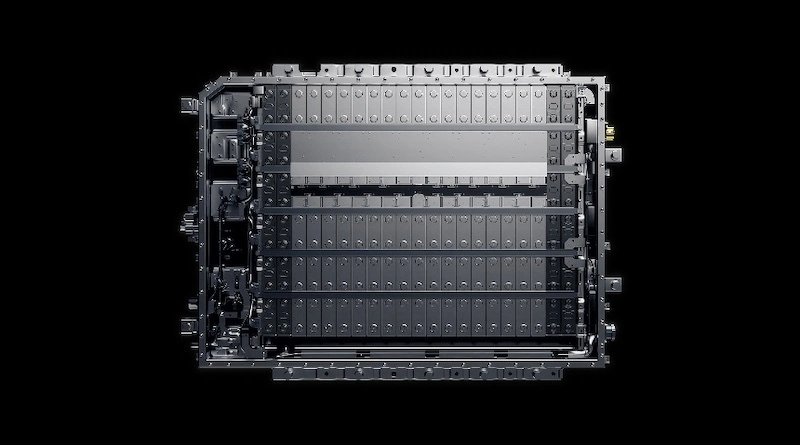Biden–Harris Admin Aims to Help Slash Cost of EV Battery Recycling
Biden–Harris Admin Aims to Help Slash Cost of EV Battery Recycling
cleantechnica.com
Biden–Harris Admin Aims to Help Slash Cost of EV Battery Recycling - CleanTechnica

Biden–Harris Admin Aims to Help Slash Cost of EV Battery Recycling
Biden–Harris Admin Aims to Help Slash Cost of EV Battery Recycling - CleanTechnica
